United States, Dec 10 (V7N) – In a closed-door emergency session on Monday, members of the UN Security Council met to assess the rapidly changing situation in Syria following the unexpected collapse of President Bashar al-Assad's regime. While ambassadors emerged united on key principles, they expressed caution about taking immediate action, given the fluidity of the situation.
The Security Council emphasized the need to safeguard Syria's territorial integrity and protect civilians amid ongoing turmoil. Russian Ambassador Vassili Nebenzia, whose country was a key ally of Assad, stressed the Council's focus on prioritizing humanitarian aid and preserving Syria’s unity.
"Everyone was taken by surprise," Nebenzia said, acknowledging the global shock at the swift offensive by an Islamist-led rebel coalition that led to the rapid collapse of Syrian forces over the weekend.
Uncertainty Reigns
Echoing Nebenzia’s sentiments, Deputy US Ambassador Robert Wood described the situation as "extremely fluid."
"No one expected the Syrian forces to fall like a house of cards," Wood said. He added that the Council intends to issue a unified statement addressing the crisis and the urgent humanitarian needs of the Syrian people.
Despite calls for cohesion, however, the Council has yet to address contentious issues, such as the status of Hayat Tahrir al-Sham (HTS), the Islamist group that led the rebellion. HTS remains on the UN sanctions list, and discussions on its future role in Syria’s governance are still pending.
Since the onset of the Syrian civil war in 2011, the UN Security Council has struggled to act decisively, often hindered by geopolitical divisions. Russia, wielding veto power, consistently protected Assad’s regime from international sanctions and other punitive measures, further complicating the Council's efforts.
Humanitarian Concerns Take Center Stage
The humanitarian crisis remains a critical issue. Millions of Syrians are displaced, and the fall of Assad’s regime has introduced new uncertainties regarding the delivery of aid and civilian protection.
Although no concrete actions have been agreed upon, there is broad consensus within the Council on the importance of stabilizing the situation and upholding Syria’s sovereignty.
The Security Council is currently in a wait-and-see mode, carefully monitoring developments in Syria. With Assad's fall marking a potential shift in the regional balance, the coming days will likely present both challenges and opportunities for international diplomacy.
As the world watches closely, the Council’s response to the unprecedented developments in Syria will be critical in shaping the future of the war-torn nation.
END/WD/RH



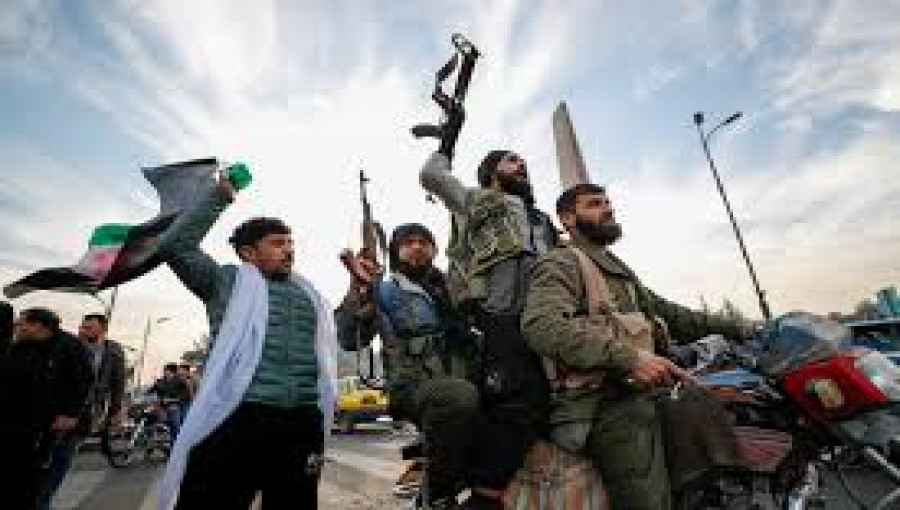
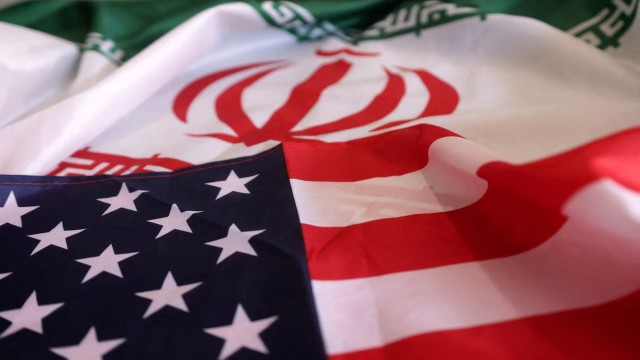

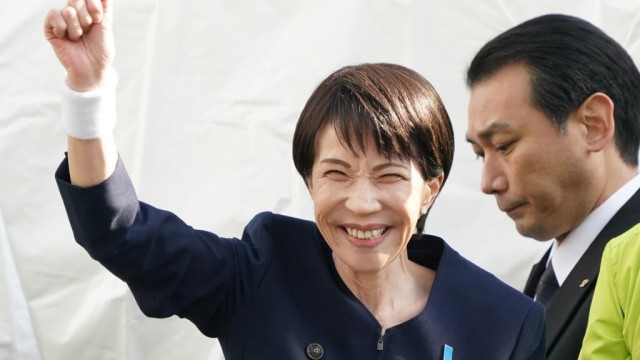


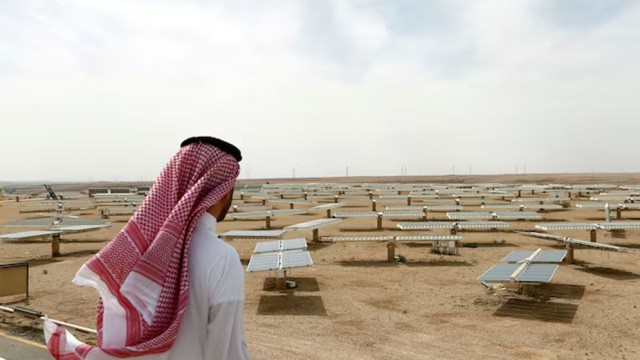



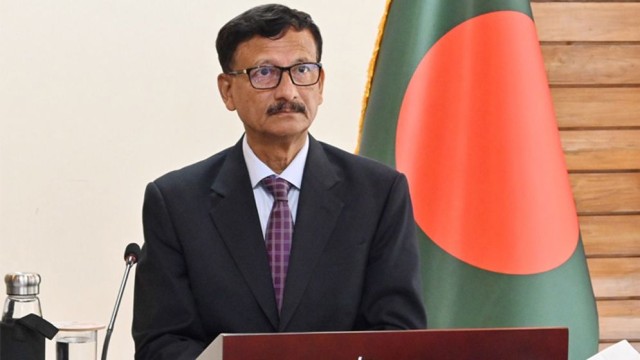

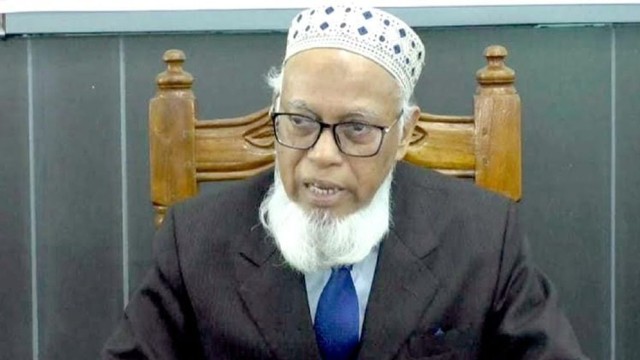
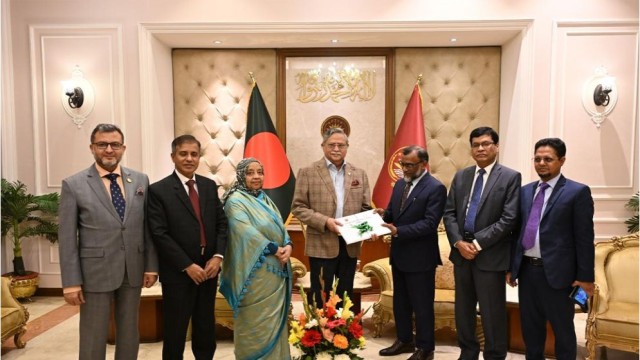














Comment: